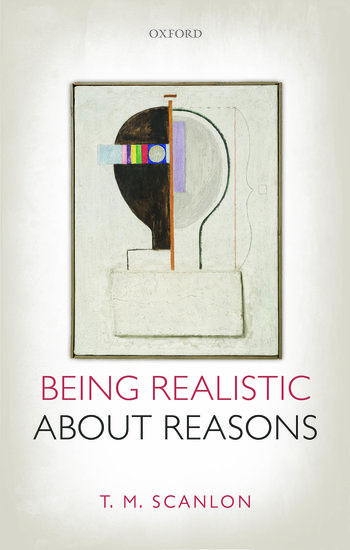


Is what we have reason to do a matter of fact? If so, what kind of truth is involved, how can we know it, and how do reasons motivate and explain action? In this concise and lucid book T. M. Scanlon offers answers, with a qualified defense of normative cognitivism--the view that there are normative truths about reasons for action.
Levertijd op aanvraag
T. M. Scanlon offers a qualified defense of normative cognitivism--the view that there are irreducibly normative truths about reasons for action. He responds to three familiar objections: that such truths would have troubling metaphysical implications; that we would have no way of knowing what they are; and that the role of reasons in motivating and explaining action could not be explained if accepting a conclusion about reasons for action were a kind of belief. Scanlon answers the first of these objections within a general account of ontological commitment, applying to mathematics as well as normative judgments. He argues that the method of reflective equilibrium, properly understood, provides an adequate account of how we come to know both normative truths and mathematical truths, and that the idea of a rational agent explains the link between an agent's normative beliefs and his or her actions. Whether every statement about reasons for action has a determinate truth value is a question to be answered by an overall account of reasons for action, in normative terms. Since it seems unlikely that there is such an account, the defense of normative cognitivism offered here is qualified: statements about reasons for action can have determinate truth values, but it is not clear that all of them do. Along the way, Scanlon offers an interpretation of the distinction between normative and non-normative claims, a new account of the supervenience of the normative on the non-normative, an interpretation of the idea of the relative strength of reasons, and a defense of the method of reflective equilibrium.